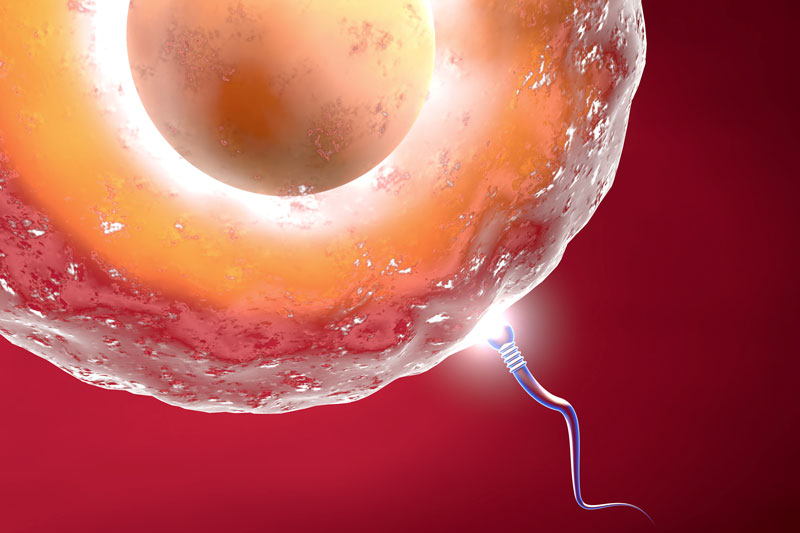OVARIAN HYPERSTIMULATION SYNDROME
Ovarian hyperstimulation syndrome occurs in about 5% of IVF cycles. It is divided into mild, moderate and severe hyperstimulation. What concerns us is the severe form of the syndrome, which occurs in about 1% of women undergoing IVF.
Women with polycystic ovary syndrome (PCOS) are at greater risk for developing the syndrome.
Ovarian hyperstimulation syndrome results from ovarian stimulation with the drugs we administer during IVF. As a result, the ovaries are stimulated more than desired, and estradiol levels are greatly increased. Symptoms of the syndrome are swelling and abdominal pain, chest pain, weight gain, difficulty in urinating and tendency to vomiting. If pregnancy occurs, there is no risk to pregnancy progress and fetal health, but the existing symptoms are triggered and amplified. In very serious cases, hospitalization is required for monitoring and treatment.
MULTIPLE PREGNANCY
Multiple pregnancy, that is, pregnancy with more than one fetus, is considered a complication of IVF in today’s age. The purpose of assisted reproduction programs is to conceive and eventually give birth to a healthy child every time. To achieve this, the number of embryos that are placed each time in the uterine cavity has been limited. Multiple pregnancies can cause complications both in the health of the mother and in the course of pregnancy, and in the health of the fetuses and children who will eventually be born.
In the case of pregnancy with more than two embryos, the couple is considering reducing, by invasive technique, the number of pregnant embryos in order to reduce the chances of complications such as prematurity, preeclampsia, miscarriage, low birth weight, gestational diabetes, etc.
ARE THERE HEALTH PROBLEMS IN CHILDREN BORN WITH IVF?
Children born through IVF, either classical IVF or ICSI, appear in very large statistical studies not to have an increased proportion of health problems than other children who have resulted from natural conception. Both congenital as well as chromosomal and gene abnormalities, as well as problems that occur with older age (e.g. learning difficulties, autism, childhood neoplasms) appear to occur at the same rate. More than 2,500,000 children have been born to the method of IVF to date, a very large sample documenting the safety of the method in terms of children’s health.
In a large multicenter study carried out simultaneously in several European Union countries, the findings are particularly encouraging. Specifically, it was found that:
- Birth weight and height up to 5 years were similar between the two groups (natural conception, IVF) and no significant differences in development were found.
- Illnesses were similar. Hospital admissions for children were higher for IVF and ICSI children, but again very low, below 1% for all groups.
- No differences in verbal ability or IQ were found between the groups. But the girls performed better than the boys in all groups.
- No differences were found between the groups in motor development.
- The rate of abnormalities was slightly higher in children with ICSI. The reason for this difference is not known, but it may be due to the process of selecting children with natural conception.
- It was found that mothers of children with ICSI were more devoted to motherhood than mothers of other groups.
- No differences were found between children regarding behavioral or mood problems. Also, no differences were found between parents regarding stress.






